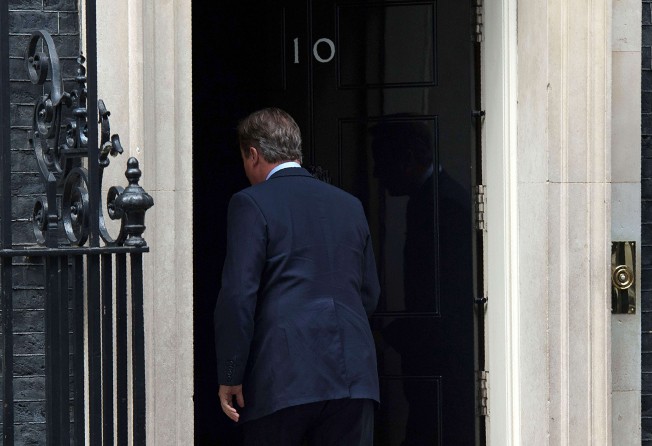Hong Kong urgently needs a great leader – just don’t hold your breath for the chief executive election
City is in crisis, but whoever wins in March can only turn out to be a disappointment

These are critical times for Hong Kong. While next Sunday’s hotly contested Legco polls will be the focus of attention, the most anticipated political event is the chief executive election on March 27, 2017. Much hope is invested in a process that may produce a Moses who can lead the city out of the wilderness of internal strife, generational conflict and ideological infighting.
Hong Kong is in crisis and people are crying out for a strong, unifying leader. The theory of leadership holds that for leadership to exist, a leader has to cross paths with a crisis. In the words of British author Thomas Hardy, crises are the “sinister mate” of great leaders.
Yet great leaders are few and far between. And they are far less common than their “sinister mate”. We should know for we are living in an age of fake leaders and leadership failures. Far from bringing out the best in our leaders, crises expose their inadequacies. Or, as Warren Buffett puts it so vividly: “Only when the tide goes out do you discover who’s been swimming naked.”
Former British prime minister David Cameron is a case in point. His statecraft seemed to consist in one thing and one thing only – letting the people decide. So he introduced referendums on everything from voting reform to the UK’s continuing membership in the European Union.
This is no way to serve the people. As the philosophical founder of modern conservatism Edmund Burke told British voters some 200 years ago, the elected politician owes the people his judgment and he betrays them if he sacrifices it to their opinion.
But the problem lies not only with our leaders but also in our overestimation of them. John Adams, the second US president, detected something both unwise and undemocratic in the lionisation of leadership. The country will make progress, he said, only when the people begin to regard themselves as “the fountain of power”.
This makes sense, especially when historically, the “trajectory” of leadership has been about the decentralisation of authority and the devolution of power. Not just from the king to the voters and the boss to the shareholders, but also from the mass media and a select group of opinion leaders to countless Internet users.
But our longing to be saved by great leaders will always be with us. Scholars call this “the romance of leadership”. Leaders are narrative devices who help us come to grips with the infinite and dynamic complexities of reality. They put a human face on history and make the status quo more bearable by promising the possibility of change.
This has not been lost on many smart people who aspire to lead. The more successful US presidents from Kennedy and Reagan to Clinton and Obama, for example, tell great stories about the past, present and future of the country.
So don’t hold your breath for the March election. Given our glorification of leadership and nostalgia for great leaders, whoever emerges victorious can only turn out to be a disappointment.
Perry Lam is a cultural critic.